Does Apple slow old iPhones when a new model comes out?
Tests show that 'upgrading' to iOS 9 causes 'noticeable slowdown' in the iPhone 4S, 5 and 5S
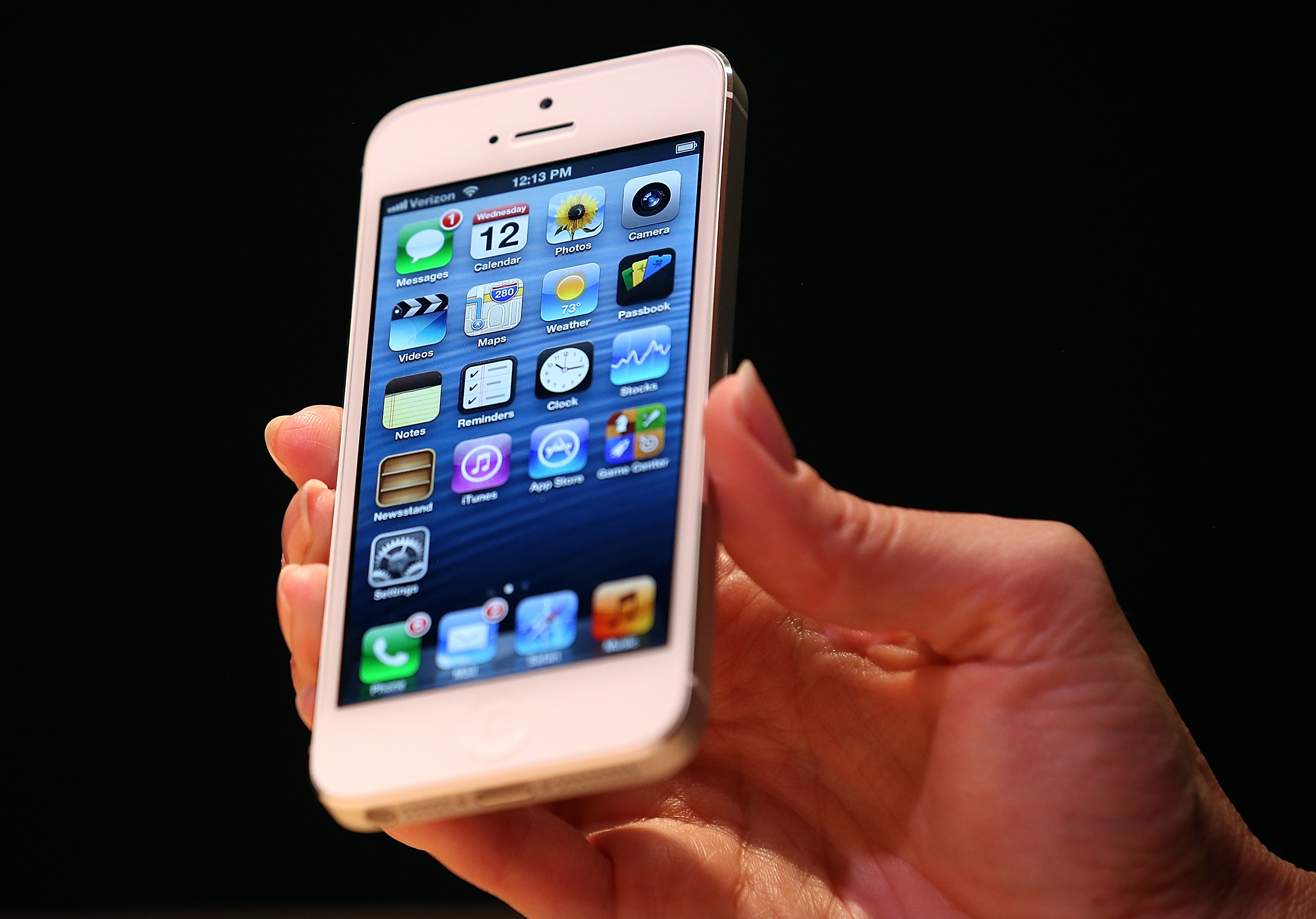
A free daily email with the biggest news stories of the day – and the best features from TheWeek.com
You are now subscribed
Your newsletter sign-up was successful
Side-by-side tests have shown that iOS 9 makes older iPhones perform more slowly, lending weight to long-held suspicions that Apple might deliberately make its older devices slow down to encourage users to upgrade to newer models.
Tests carried out by vloggers iAppleBytes, show that the latest mobile operating system, iOS 9.0.1 creates a "noticeable amount of slowdown with the new update", The Guardian reports.
Running the new software, the iPhone 4S, 5 and 5S models take longer to start up, have slower camera performance and take longer to launch and switch between apps, the vloggers show.
The Week
Escape your echo chamber. Get the facts behind the news, plus analysis from multiple perspectives.

Sign up for The Week's Free Newsletters
From our morning news briefing to a weekly Good News Newsletter, get the best of The Week delivered directly to your inbox.
From our morning news briefing to a weekly Good News Newsletter, get the best of The Week delivered directly to your inbox.
Some analysts have suggested that running updated software is more complicated for older devices, but this does not seem to be true on Android, The Guardian notes.
"Some updates – Google’s Android Lollipop in 2014 for example – focus on performance and optimisation, and can actually improve the speed of the smartphone or tablet they are installed on. This does not appear to be the case with iOS 9."
Last year, research in the US lent further weight to the deliberate slowdown theory. The study, compiled by Harvard University PhD student Laura Trucco, analysed worldwide searches for "iPhone slow" and found that the search term spikes massively around the time of new phone releases, The Times reports.
The study compared those results with similar searches for one of Apple's main rivals but found that the term "Samsung Galaxy slow" was unaffected by new releases from Samsung.
A free daily email with the biggest news stories of the day – and the best features from TheWeek.com
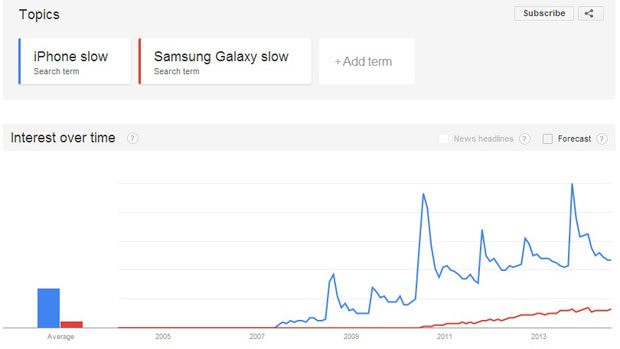
Writing for the New York Times, Sendhil Mullainathan, a professor of economics at Harvard, said that the results were "striking".
"Wouldn't many business owners love to make their old product less useful whenever they released a newer one?" Mullainathan wrote. "When you sell the device and control the operating system, that's an option".
On the other hand, conspiracy theorists might also see an economic reason for Google to hide search results displaying peaks of concern about the speed of Android operating systems built by Google and used in Samsung smartphones.
Mullainathan notes that the research does not prove that Apple has done anything wrong. "No matter how suggestive," he says, "this data alone doesn't allow you to determine conclusively whether my phone is actually slower and, if so, why."
He said that there are other plausible explanations for why an older model iPhone may slow down. The latest version of the Apple operating system, iOS, is always tailored to the newest device and may therefore not work as efficiently on older models.
Also, artificially slowing phones comes with many problems: "First, the legal risk," Mullainathan says. "Second, competition and consumer rationality should combine to thwart this strategy. All a competitor needs to do is to offer a smartphone that doesn't become a brick as quickly, and more people should buy it."
Apple did not respond to requests from The Times for comment.
-
 How the FCC’s ‘equal time’ rule works
How the FCC’s ‘equal time’ rule worksIn the Spotlight The law is at the heart of the Colbert-CBS conflict
-
 What is the endgame in the DHS shutdown?
What is the endgame in the DHS shutdown?Today’s Big Question Democrats want to rein in ICE’s immigration crackdown
-
 ‘Poor time management isn’t just an inconvenience’
‘Poor time management isn’t just an inconvenience’Instant Opinion Opinion, comment and editorials of the day
-
 Will AI kill the smartphone?
Will AI kill the smartphone?In The Spotlight OpenAI and Meta want to unseat the ‘Lennon and McCartney’ of the gadget era
-
 Is Apple’s Tim Cook about to retire?
Is Apple’s Tim Cook about to retire?Today's Big Question A departure could come early next year
-
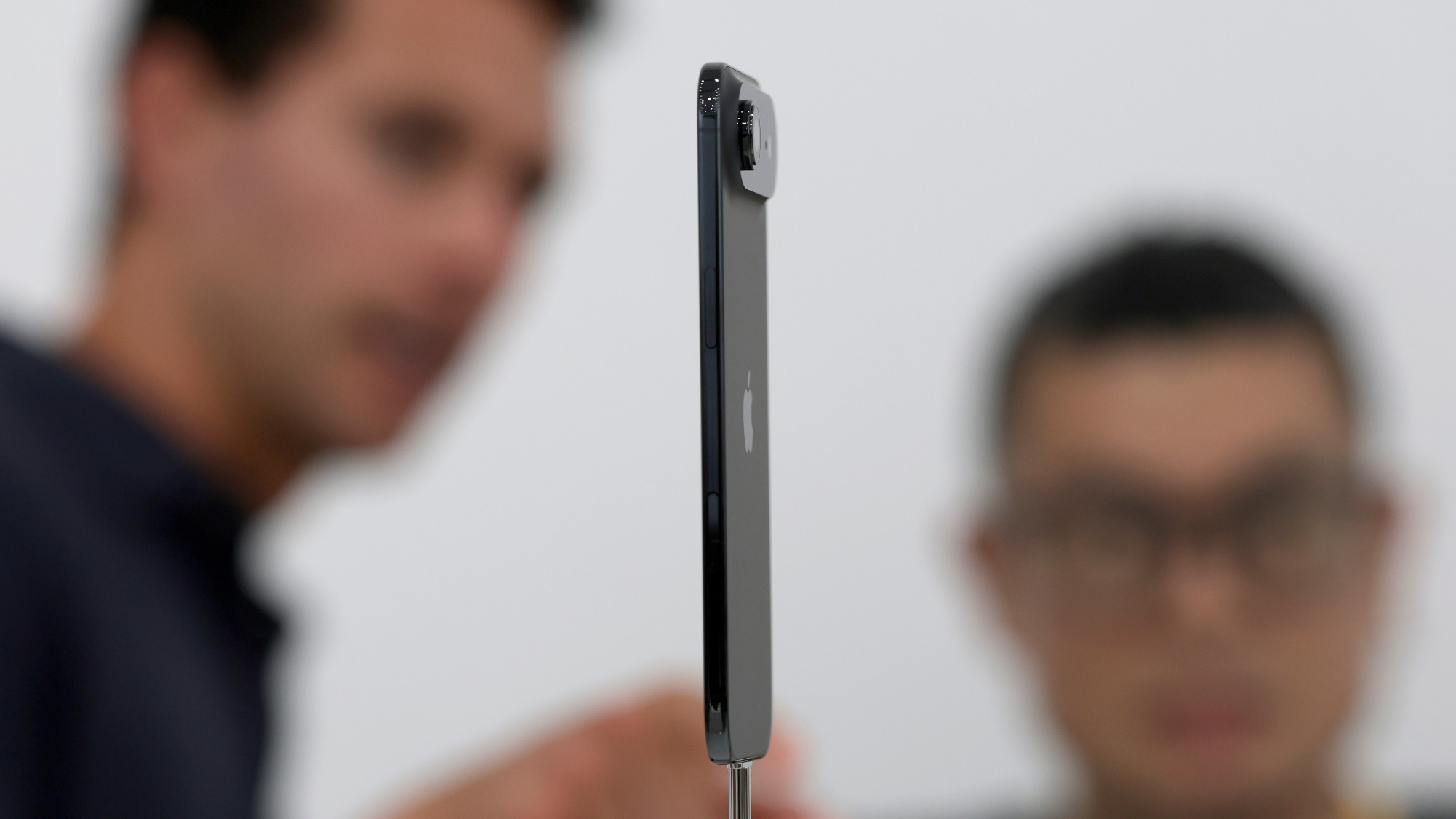 iPhone Air: Thinness comes at a high price
iPhone Air: Thinness comes at a high priceFeature Apple’s new iPhone is its thinnest yet but is it worth the higher price and weaker battery life?
-
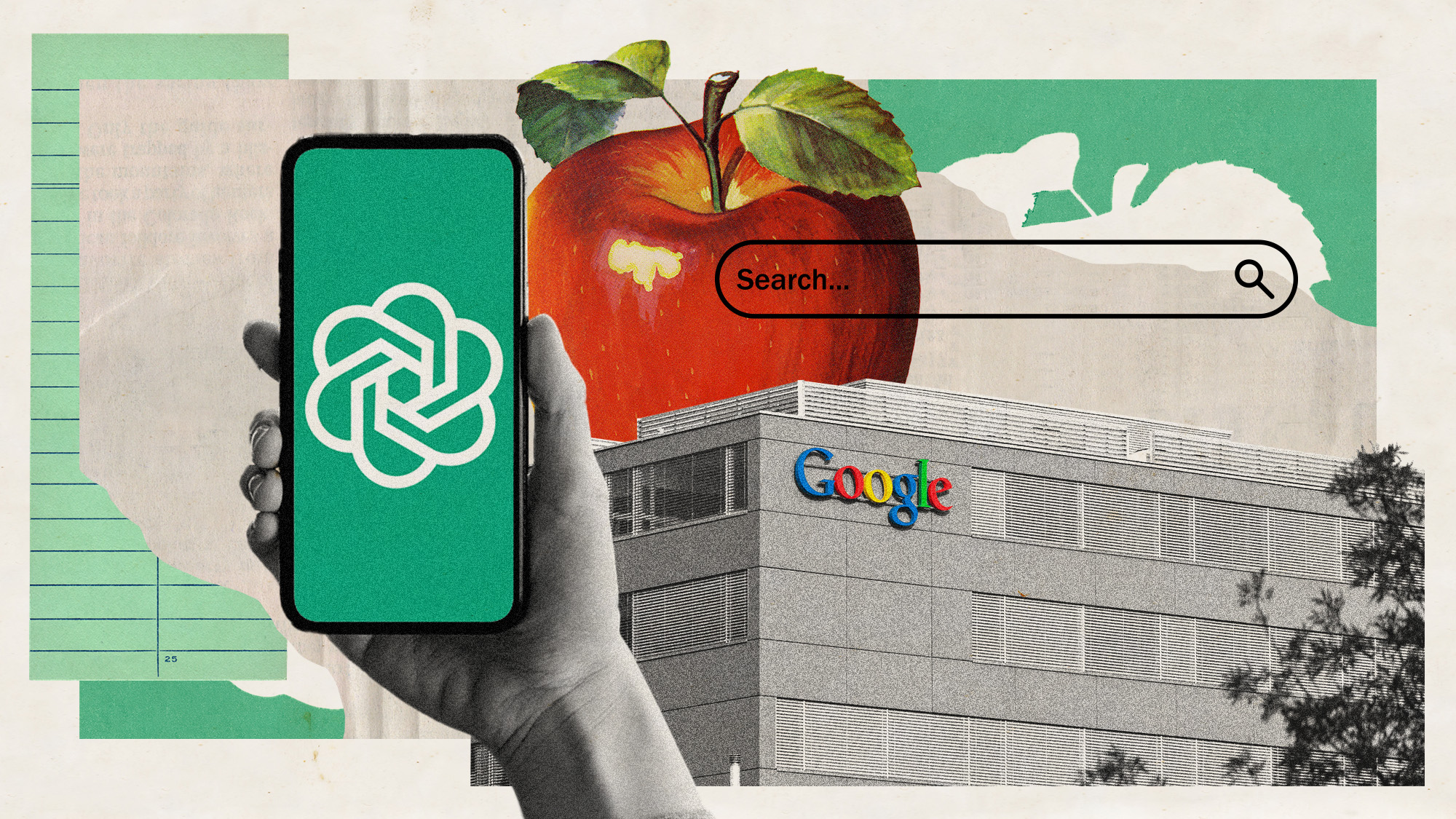 Is Apple breaking up with Google?
Is Apple breaking up with Google?Today's Big Question Google is the default search engine in the Safari browser. The emergence of artificial intelligence could change that.
-
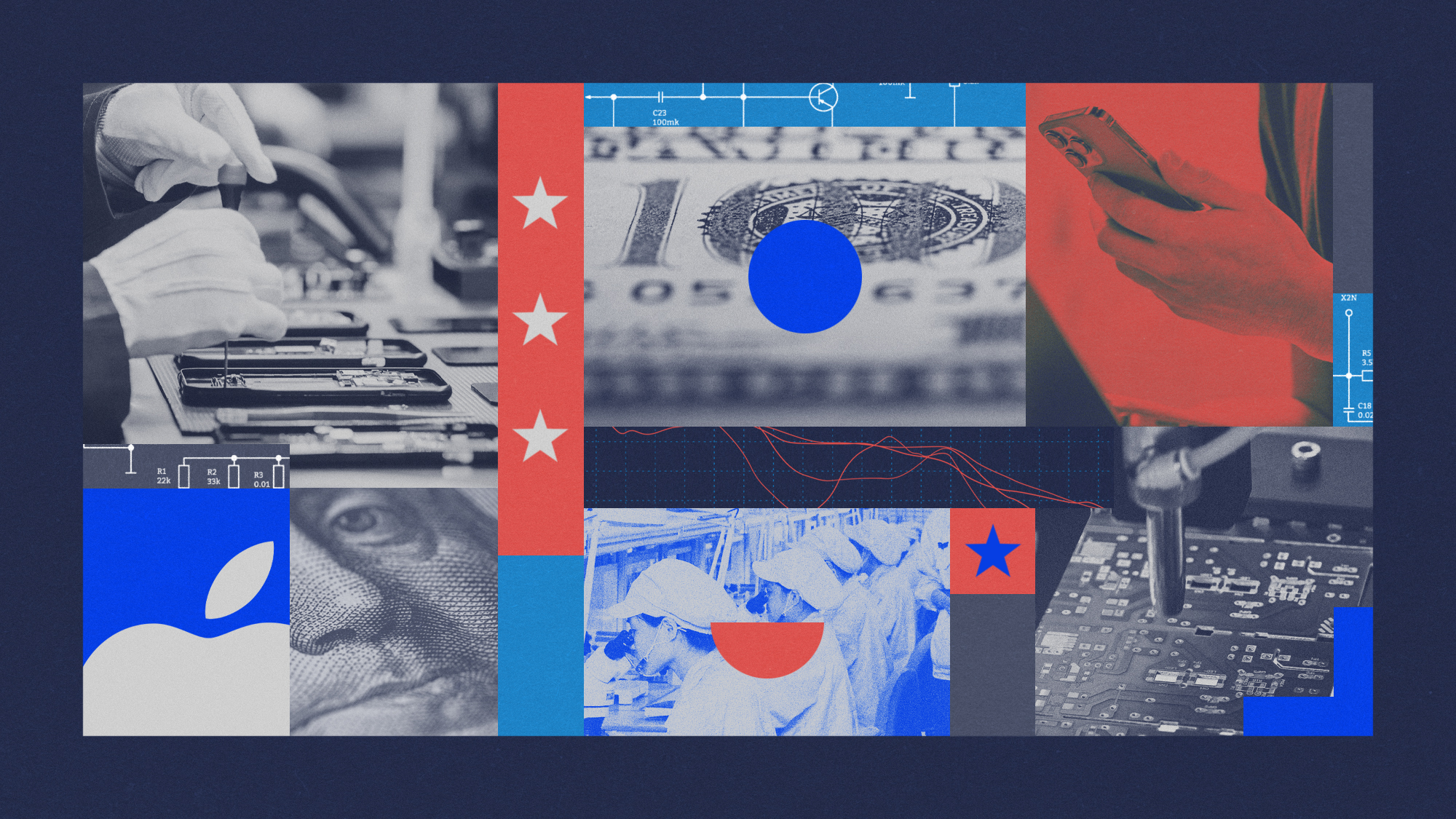 Why won't Apple make iPhones in America?
Why won't Apple make iPhones in America?Today's Big Question Trump offers a reprieve on tariffs, for now
-
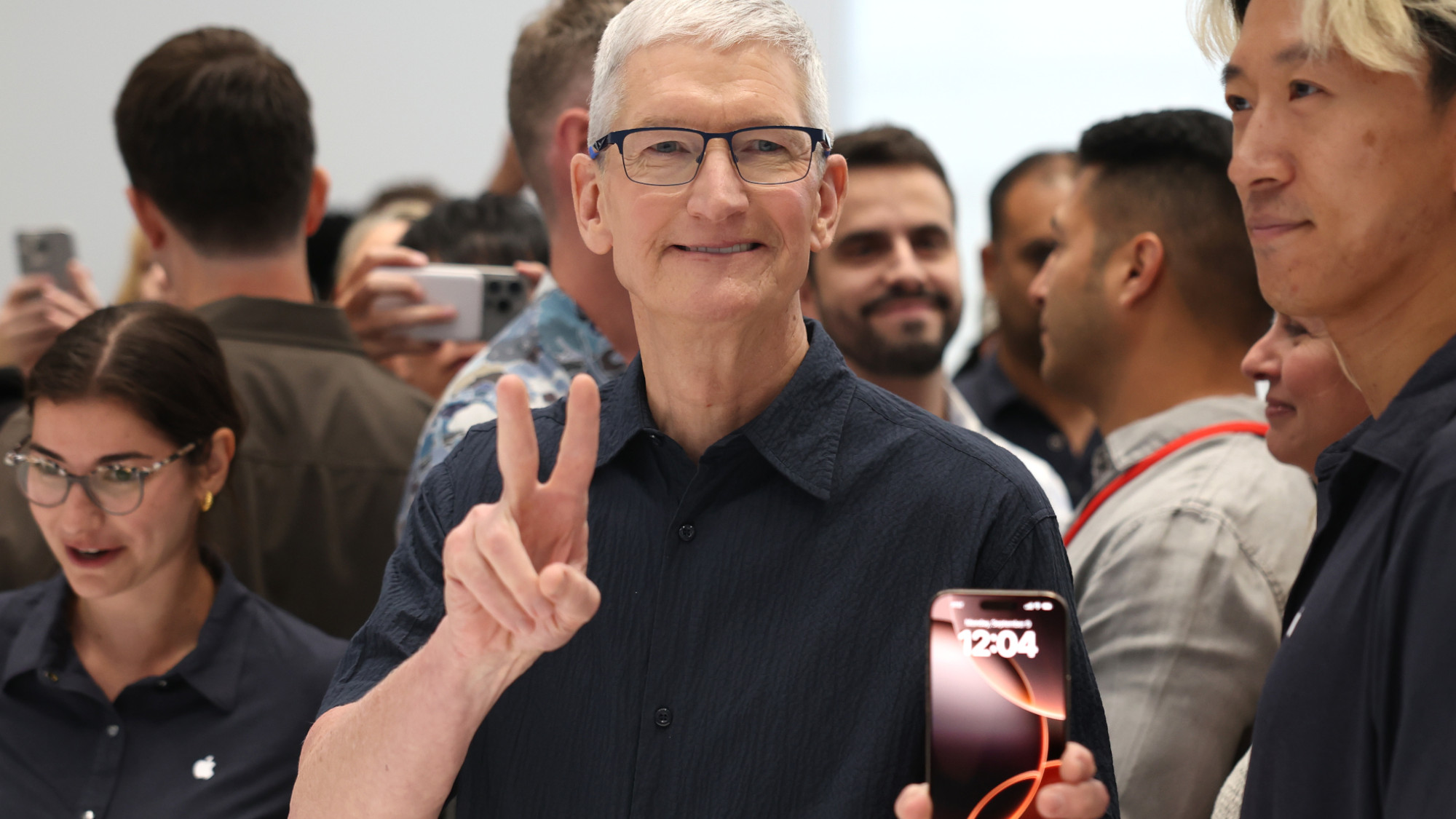 Not there yet: The frustrations of the pocket AI
Not there yet: The frustrations of the pocket AIFeature Apple rushes to roll out its ‘Apple Intelligence’ features but fails to deliver on promises
-
 Space-age living: The race for robot servants
Space-age living: The race for robot servantsFeature Meta and Apple compete to bring humanoid robots to market
-
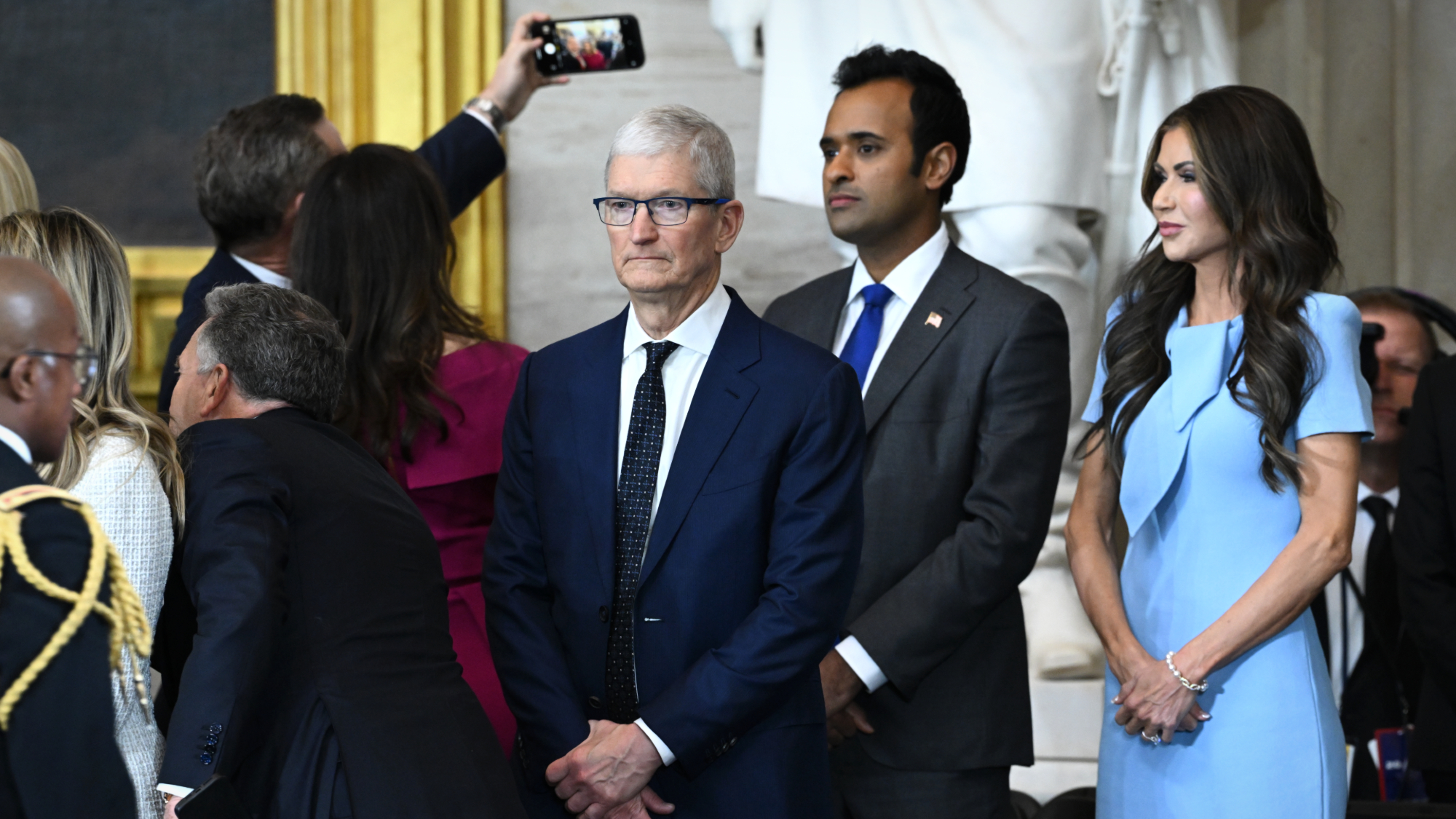 Apple pledges $500B in US spending over 4 years
Apple pledges $500B in US spending over 4 yearsSpeed Read This is a win for Trump, who has pushed to move manufacturing back to the US